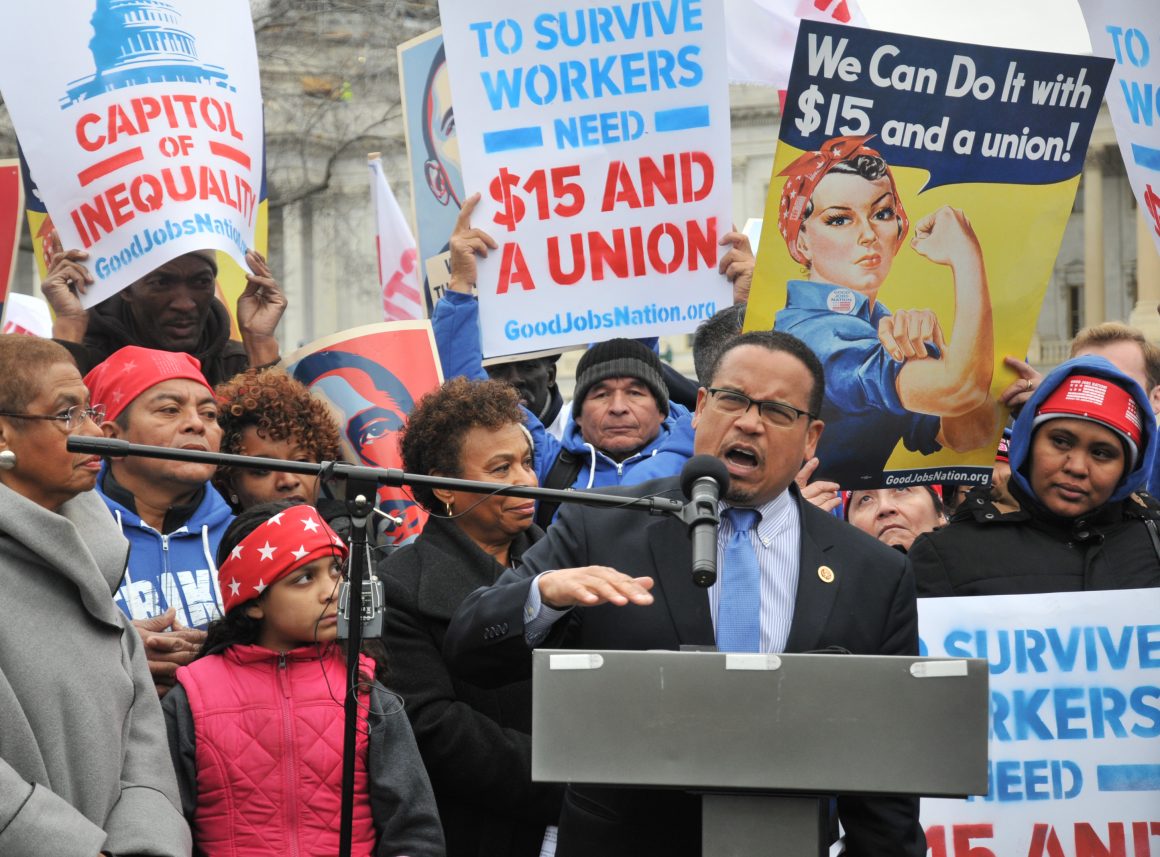
Economy needs more radical solution to inequality
By Andrew Kemle, March 14 2018 —
Despite Canada’s leaders’ best efforts, poverty and inequality won’t be solved with legislation anytime soon. A more radical approach, one that focuses on society’s treatment of labour, is needed to address the source of the problems.
Political theorist Nancy Fraser splits potential remedies to economic inequality into two categories. Affirmative remedies seek to correct for unequal outcomes, while transformative remedies target the underlying causes of the inequality itself.
With this distinction in mind, it’s fairly easy to see which category minimum wage laws and guaranteed income programs fall into. A legislated minimum wage intends to provide workers with a salary above the poverty line and prevent employers from underpaying their employees. On the other hand, a guaranteed minimum income ensures that all citizens are kept above the poverty line, regardless of their employment status, with government transfers instead of wage regulation.
However, neither of these solutions address the underlying problem behind low wages — they merely correct for it. And the underlying problem is easy to recognize. It’s what Karl Polanyi characterized as the commodification of labour.
Labour is, and always has been, something corporations manipulate, like any other aspect of manufacturing and production. Despite corporations using worker-friendly rhetoric, this is an unavoidable consequence of our economic system. Workers can’t escape the need to work. Unless actions are taken to even the playing field, labourers cannot set the price for their services or negotiate a contract that is less alienating.
This commodification is why the gap in wage growth has increased considerably since the 1970s. It’s also why guaranteed income is less about solving poverty and more of a realization that precarious work is rapidly becoming the norm in the economy. Labour is expendable so long as the company remains profitable.
No matter how high the minimum wage gets, what doesn’t change is that the economy is fundamentally hostile to workers and that the root of a great deal of economic disparity stems from this fact.
We need transformative solutions. Chief among them is the ability of organized labour to counteract hostility against labour, at least in terms of hiring, wages and security. Simply making it illegal to pay less than $15 an hour won’t accomplish that. Workers — and the economy — need something more.
Articles published in the Gauntlet‘s opinion section do not necessarily reflect the views of the Gauntlet editorial board.
